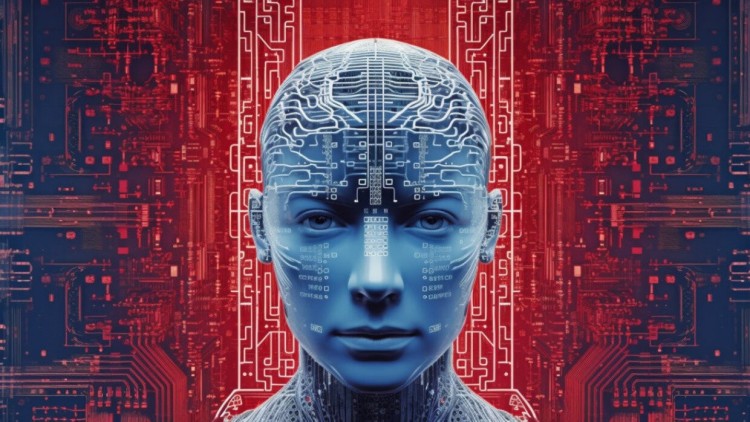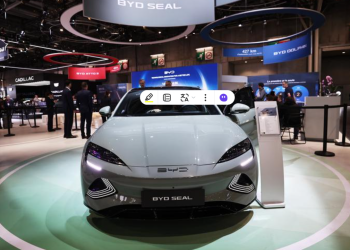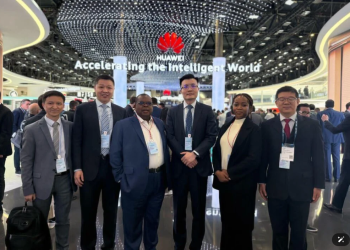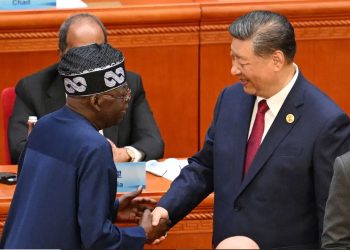Geneva, May 13, 2024 – The United States and China will meet in Geneva on Tuesday to discuss the risks posed by advanced artificial intelligence (AI), U.S. officials have announced. The talks will mark the first formal bilateral discussions between the two countries on the emerging technology.
The meeting comes as the Biden administration seeks to engage China on a range of issues to reduce miscommunication between the two global rivals. In April, U.S. Secretary of State Antony Blinken and China’s Foreign Minister Wang Yi agreed to hold the AI-focused talks during a visit to Beijing.
A senior U.S. administration official stressed that the discussions would not focus on “promoting any form of technical collaboration or cooperating on frontier research” but rather on the full range of risks associated with AI. This includes the use of the technology in sensitive areas such as national security and nuclear weapons deployment, where the U.S. has pressed China and Russia to match its declarations that only humans, and not AI, should be in control.
“To be very clear, talks with Beijing are not focused on promoting any form of technical collaboration or cooperating on frontier research in any matter. And our technology protection policies are not up for negotiation,” the official told reporters.
The talks come as the Biden administration prepares to put guardrails on U.S.-developed AI models, like the popular chatbot ChatGPT, to prevent their use by adversaries such as China and Russia.
A second U.S. official acknowledged that Washington and Beijing are competing to shape the rules governing AI, but expressed hope that some common ground could be found.
“We certainly don’t see eye to eye … on many AI topics and applications, but we believe that communication on critical AI risks can make the world safer,” the official said.
The U.S. delegation will be led by Tarun Chhabra of the National Security Council and Seth Center, the State Department’s acting special envoy for critical and emerging technology. They will meet with officials from China’s Foreign Ministry and the National Development and Reform Commission.
The talks also come as U.S. Senate Majority Leader Chuck Schumer prepares to issue recommendations in the coming weeks to address the risks posed by AI, which he says will then be translated into piecemeal legislation.
Schumer has cited competition with China and its divergent goals for AI, including surveillance and facial recognition applications, as a key reason for Washington’s need to take a lead in crafting laws around the rapidly advancing technology.
Chinese authorities, meanwhile, have been emphasizing the need for the country to develop its own “controllable” AI technology, underscoring the high stakes involved in the U.S.-China AI rivalry.













































